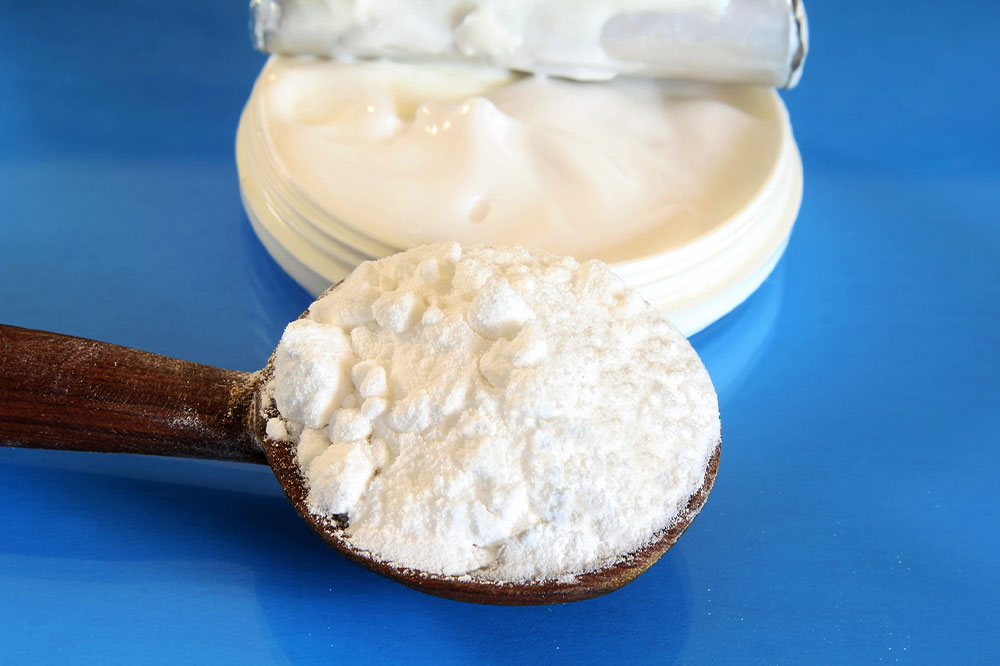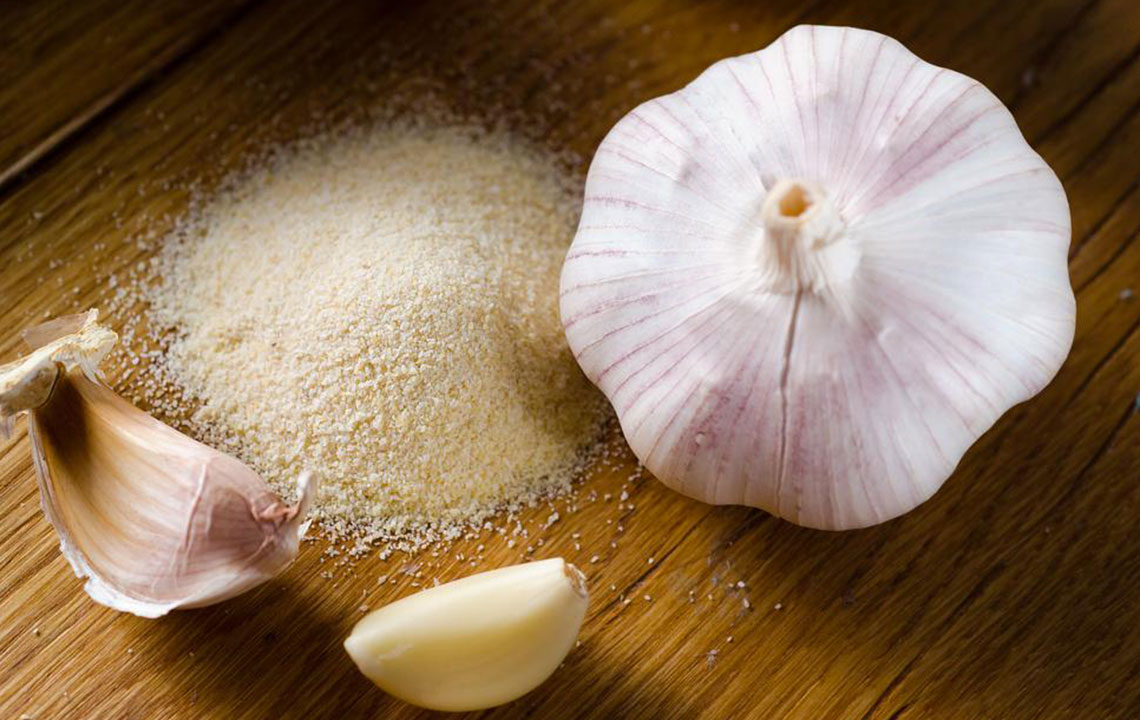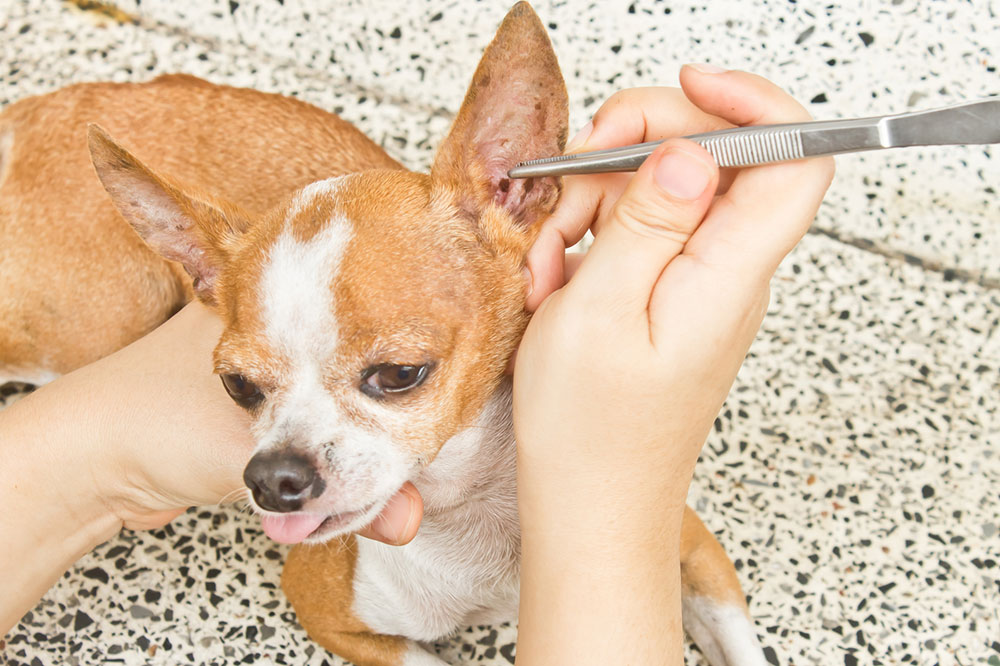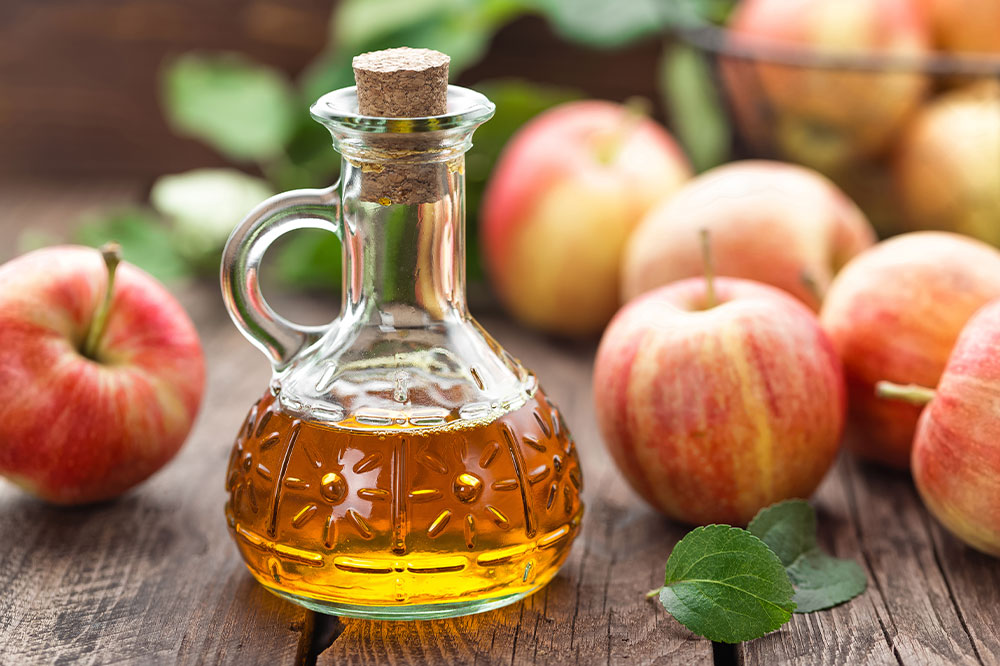Effective Natural Strategies to Eliminate Fleas from Pets and Your Home Environment
Discover comprehensive natural strategies to eliminate and prevent fleas on your pets and within your home environment. From apple cider vinegar to homemade lemon and rosemary sprays, learn effective, chemical-free methods to maintain a flea-free space. Regular hygiene practices and natural repellents create a safer, healthier habitat for your furry friends and family, especially during peak flea seasons. This detailed guide emphasizes preventive care and natural remedies to control fleas sustainably and effectively, ensuring your pets stay comfortable and your home remains pest-free without relying on harsh chemicals.

Comprehensive Natural Approaches to Fight Flea Infestation
Flea infestations are a common concern for pet owners, especially during the warmer months when outdoor activities increase and pests become more active. While many rely on chemical treatments, natural remedies provide a safe and eco-friendly alternative to control and prevent fleas without exposing your pets and family to potentially harmful chemicals. As the seasons change and environmental conditions become more favorable for fleas—marked by increased humidity and warmth—it's essential to adopt proactive measures that keep your pets comfortable and your home flea-free.
Discover a variety of effective natural solutions designed to prevent and eliminate fleas from your pets and living spaces. Employing these remedies consistently can dramatically reduce flea populations and safeguard your loved ones from their bites and potential health risks.
Apple Cider Vinegar
Apple cider vinegar is renowned for its natural pest-repelling properties. To use it as a preventive measure, add 1 teaspoon of apple cider vinegar to every 40 pounds of your dog’s weight in their daily water supply. This mixture helps create an environment that fleas find unappealing. It's important to refresh your pet’s water bowl each time you change the water to maintain effectiveness. Besides repelling fleas, apple cider vinegar can promote a shiny coat and overall skin health in pets, making it a versatile addition to your pet care routine.
Coconut Oil
Coconut oil is a natural moisturizer and has insect-repelling qualities. Applying melted coconut oil directly onto your pet's fur ensures a protective barrier against fleas. To do this, warm the coconut oil until it becomes liquid, then gently massage it into your pet’s coat, making sure to cover areas prone to flea bites. Use a fine-toothed comb to remove fleas attached to the fur, which are then discarded. Repeating this process weekly can significantly reduce flea presence and improve your pet’s skin condition. Coconut oil also provides added moisture, reducing dryness and irritation, especially for pets with sensitive skin.
Lemon Water Infusion
Lemon is a natural flea repellent that can be prepared by slicing a lemon and boiling it in water. Once cooled, you can store this lemon-infused water overnight. For short-haired pets, gently sponge their coat with this mixture or dip a fine comb into it to run through their fur. The citric acid and scent of lemon help repel fleas and create a hostile environment for these pests. Regular application of lemon water ensures ongoing protection and can also leave your pet smelling fresh. Note: Avoid using lemon on cats or pets with sensitive skin, and always perform a patch test before full application.
Salt as a Dehydrating Agent
Applying powdered salt to infested areas such as carpets is a natural method to combat adult fleas. Sprinkle a fine layer of salt over the carpet and leave it for 12 to 48 hours. Salt works by dehydrating adult fleas, causing their death. After the recommended exposure time, thoroughly vacuum to remove dead fleas and salt residues. Remember, salt does not effectively kill flea larvae, so multiple treatments may be necessary. Regular cleaning and maintaining a dry environment reduce the chances of a flea outbreak, especially in humid conditions.
Lemon and Rosemary Homemade Spray
This potent natural spray combines the flea-repelling qualities of lemon and rosemary. To prepare, add sliced lemons and chopped fresh rosemary into boiling water. Add a few drops of geranium oil for enhanced repellent properties. Let the mixture sit overnight to infuse, then strain into a spray bottle. This homemade solution can be used to mist your home, particularly in areas where fleas are prevalent. The aromatic combination acts as a natural barrier, discouraging fleas from settling into carpets, furniture, and pet resting spots. Regular application helps maintain a pest-free environment without relying on harsh chemicals.
Beyond these remedies, maintaining pet and household hygiene is vital. Wash pet bedding frequently in hot water, vacuum carpets and upholstery regularly, and keep living spaces dry and clutter-free. Moisture and dirt attract fleas, so cutting down on clutter and ensuring proper ventilation can significantly help reduce infestation risks. Implementing these natural tactics offers a safer, sustainable alternative to chemical flea control, promoting a healthier environment for both your pets and your family.
References: 1800petmeds, Ehrlich, WebMD, Dogs Naturally Magazine, Reader's Digest, LittleThings, Flea Control Book, Rentokil, Reviews.com




